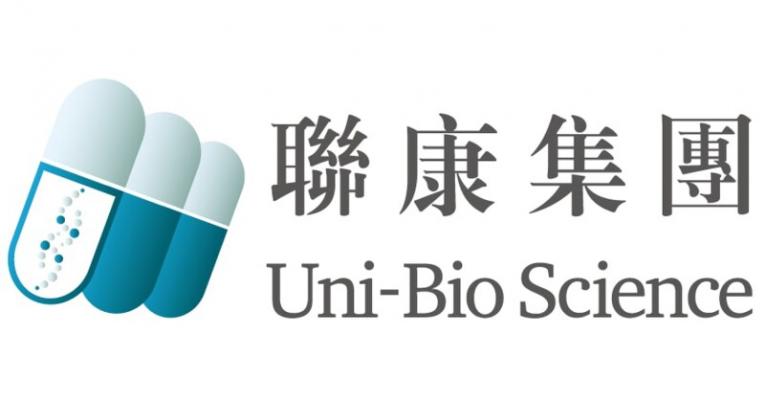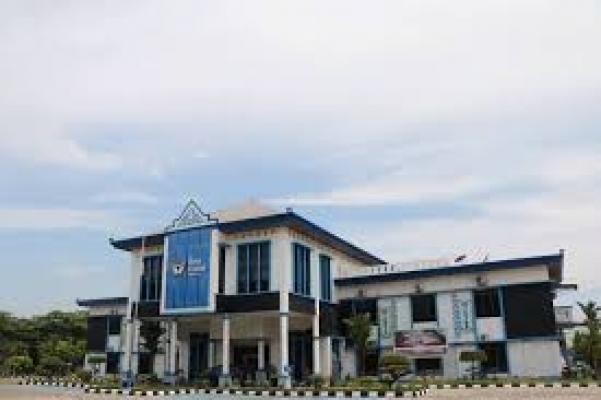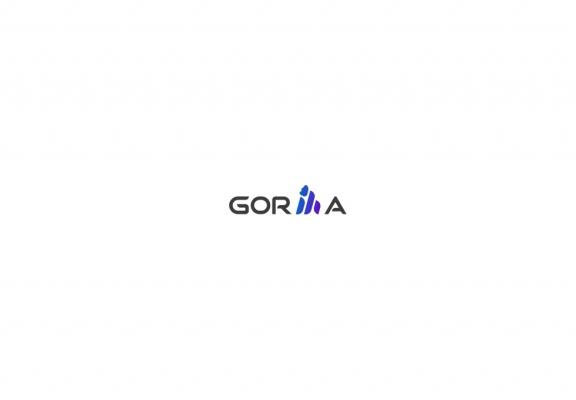- Home
- MediaOutReach
- eefit Far Infrared Technology Scientifically Verified by Renowned Hong Kong University: Improves Two Major Symptoms of Alzheimer's Disease, Bringing New Hope to Brain Health Protection
eefit Far Infrared Technology Scientifically Verified by Renowned Hong Kong University: Improves Two Major Symptoms of Alzheimer's Disease, Bringing New Hope to Brain Health Protection
Sabtu, 13 September 2025 | 08:46
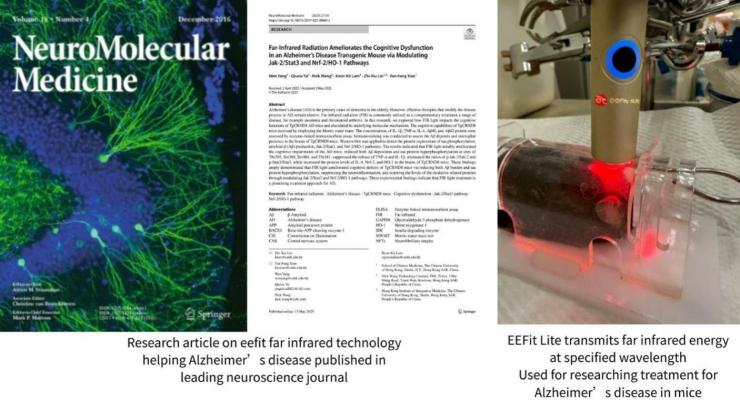
HONG KONG SAR -
Media OutReach Newswire
- 12 September 2025 - With Hong Kong's aging population, Alzheimer's
disease has become a major public health challenge. The Hong Kong
Council of Social Service projects that by 2036, the number of people
with dementia in Hong Kong will reach 280,000. Alzheimer's disease is
the most common form of the condition, accounting for approximately 65%
of existing cases among elderly individuals.
A recent report released by the Dean of the Faculty of Chinese
Medicine at a renowned Hong Kong university stated, "Considerable
resources have been invested globally in developing treatments for
Alzheimer's disease. However, for patients in the middle and late stages
of the disease, various treatment options remain ineffective in halting
the progression of the disease." These treatments not only have limited effectiveness but also come with side effects, creating an increasingly urgent need for disease prevention and treatment.
In 2025, the collaboration between the research team of that leading university in Hong Kong and Prof. Nick Wang, Founder and Head of R&D at eefit has led to a critical breakthrough. They discovered that eefit far infrared technology can simultaneously suppress β-amyloid (Aβ) deposition and tau protein hyperphosphorylation, creating an innovative solution for preventing Alzheimer's disease. The results were published in NeuroMolecular Medicine (Volume 27, Article 34, 2025).
First Study with Evidence of Simultaneous Dual-Pathology Improvement Mechanism in Transgenic Mouse Model
To address the future need for Alzheimer's disease prevention and treatment in Hong Kong, the research team explored non-pharmacological physical therapies. Using a TgCRND8 transgenic mouse model, they conducted a 28-day irradiation experiment with eefit far infrared light (FIR, wavelength range of 4-20μm) to evaluate its effectiveness in improving disease pathology. The study found:
The Dean of the Faculty of Chinese Medicine at a renowned Hong Kong university said, "As a non-invasive treatment option, far infrared therapy has the potential to delay the disease progression of patients with mild cognitive impairment for several years, thereby reducing the burden on overall medical resources and providing significant assistance to families and caregivers."
This groundbreaking discovery also provides solid scientific evidence to support the industrial application of eefit far infrared technology.
International R&D Team Drives Industrialisation Capability
To promote the transformation of far infrared technology from scientific research results to industrial applications, eefit has built a global R&D system with scientific research as its core driving force, first collaborating with the "State Key Laboratory of Quality Research in Chinese Medicine" at the Macau University of Science and Technology (M.U.S.T.) to launch the "eefit Biomedical Research Project" in the early years. In 2021, eefit further expanded its global collaboration network by partnering with "Dr. Neher's Biophysics Laboratory for Innovative Drug Discovery", founded by Dr. Erwin Neher, Nobel Prize Laureate in Physiology or Medicine, strengthening its R&D capability.
In recent years, multiple international journal articles have confirmed that eefit far infrared technology is effective in the fields of intestinal microecology, rheumatoid arthritis, cerebral stroke, neuroinflammation, and immunomodulation.
Market Response and Social Responsibility Are Equally Important
In tandem with advancing scientific research, eefit is also dedicated to upholding our social responsibilities. In 2024, eefit launched the "eBrain Movement", which provided brain health services to 212,000 people across our retail stores in Hong Kong. User feedback showed improvement in their bodily conditions, including neurodegenerative symptoms such as headaches, tinnitus, hair loss, hand tremors, nocturia, etc., with unanimous reports of improved sleep quality after treatment. Both this programme and academic research have proven the remarkable effect of eefit far infrared technology in the fields of brain health, sub-health of the middle-aged and elderly, and auxiliary treatment of complex diseases.
Multidimensional Breakthrough in Managing Sub-Health in the Middle-Aged and Elderly
Based on this technology, eefit has already developed a variety of products, building an all-encompassing "Prevention + Maintenance + Adjustment" health management system, meeting the diverse needs of the middle-aged and elderly population from disease prevention to daily health management:
In 2025, the collaboration between the research team of that leading university in Hong Kong and Prof. Nick Wang, Founder and Head of R&D at eefit has led to a critical breakthrough. They discovered that eefit far infrared technology can simultaneously suppress β-amyloid (Aβ) deposition and tau protein hyperphosphorylation, creating an innovative solution for preventing Alzheimer's disease. The results were published in NeuroMolecular Medicine (Volume 27, Article 34, 2025).
First Study with Evidence of Simultaneous Dual-Pathology Improvement Mechanism in Transgenic Mouse Model
To address the future need for Alzheimer's disease prevention and treatment in Hong Kong, the research team explored non-pharmacological physical therapies. Using a TgCRND8 transgenic mouse model, they conducted a 28-day irradiation experiment with eefit far infrared light (FIR, wavelength range of 4-20μm) to evaluate its effectiveness in improving disease pathology. The study found:
- - Improved cognitive function: The FIR-treated mice group showed significant improvement in cognitive function and memory during the Morris Water Maze Test (MWMT).
- - Aβ deposition suppression: Decreased Aβ42/Aβ40 ratio in the cortex, reduced plaque deposits, and increased Aβ clearance.
- - Tau protein hyperphosphorylation inhibition: Significantly reduced tau protein phosphorylation levels at different sites, such as Thr205, Ser36, etc., and reduced the formation of neurofibrillary tangles.
- - Dual-pathway mechanism: Suppression of neuroinflammatory pathways (reduced IL-1β, TNF-α and increased IL-4) and activation of antioxidant pathways (enhanced Nrf2/HO-1 pathway), achieving dual-pathway protection.
The Dean of the Faculty of Chinese Medicine at a renowned Hong Kong university said, "As a non-invasive treatment option, far infrared therapy has the potential to delay the disease progression of patients with mild cognitive impairment for several years, thereby reducing the burden on overall medical resources and providing significant assistance to families and caregivers."
This groundbreaking discovery also provides solid scientific evidence to support the industrial application of eefit far infrared technology.
International R&D Team Drives Industrialisation Capability
To promote the transformation of far infrared technology from scientific research results to industrial applications, eefit has built a global R&D system with scientific research as its core driving force, first collaborating with the "State Key Laboratory of Quality Research in Chinese Medicine" at the Macau University of Science and Technology (M.U.S.T.) to launch the "eefit Biomedical Research Project" in the early years. In 2021, eefit further expanded its global collaboration network by partnering with "Dr. Neher's Biophysics Laboratory for Innovative Drug Discovery", founded by Dr. Erwin Neher, Nobel Prize Laureate in Physiology or Medicine, strengthening its R&D capability.
In recent years, multiple international journal articles have confirmed that eefit far infrared technology is effective in the fields of intestinal microecology, rheumatoid arthritis, cerebral stroke, neuroinflammation, and immunomodulation.
Market Response and Social Responsibility Are Equally Important
In tandem with advancing scientific research, eefit is also dedicated to upholding our social responsibilities. In 2024, eefit launched the "eBrain Movement", which provided brain health services to 212,000 people across our retail stores in Hong Kong. User feedback showed improvement in their bodily conditions, including neurodegenerative symptoms such as headaches, tinnitus, hair loss, hand tremors, nocturia, etc., with unanimous reports of improved sleep quality after treatment. Both this programme and academic research have proven the remarkable effect of eefit far infrared technology in the fields of brain health, sub-health of the middle-aged and elderly, and auxiliary treatment of complex diseases.
Multidimensional Breakthrough in Managing Sub-Health in the Middle-Aged and Elderly
Based on this technology, eefit has already developed a variety of products, building an all-encompassing "Prevention + Maintenance + Adjustment" health management system, meeting the diverse needs of the middle-aged and elderly population from disease prevention to daily health management:
- - Alzheimer's disease prevention: Reduces Aβ deposits and abnormal tau proteins, reducing the risk of disease.
- - Brain health: Relieves neurological problems such as effects of stroke, and enhances brain vitality.
- - Chronic pain care: Relieves pains such as neck/shoulder/lower back/leg pain, and rheumatoid arthritis, etc.
- - Digestive system regulation: Optimizes gut microbiota and enhances nutrient absorption.
BERITA LAINNYA

Sabtu, 13 September 2025 | 09:52

Sabtu, 13 September 2025 | 08:50
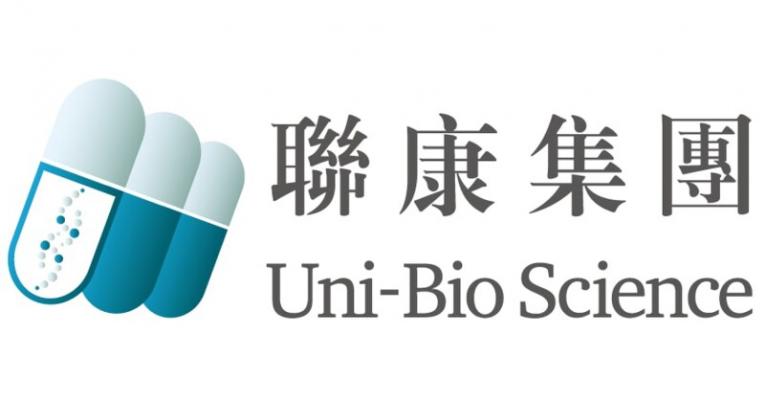
Sabtu, 13 September 2025 | 08:49

Sabtu, 13 September 2025 | 08:48

Sabtu, 13 September 2025 | 08:48

Sabtu, 13 September 2025 | 08:46
Sabtu, 13 September 2025 | 08:45

Sabtu, 13 September 2025 | 08:45
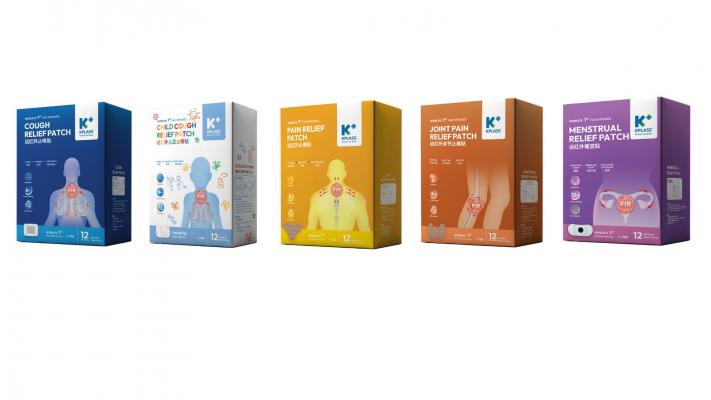
Sabtu, 13 September 2025 | 08:43
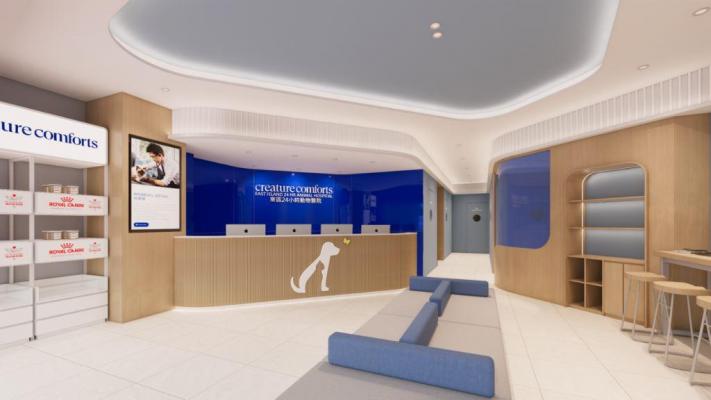
Jumat, 12 September 2025 | 13:40
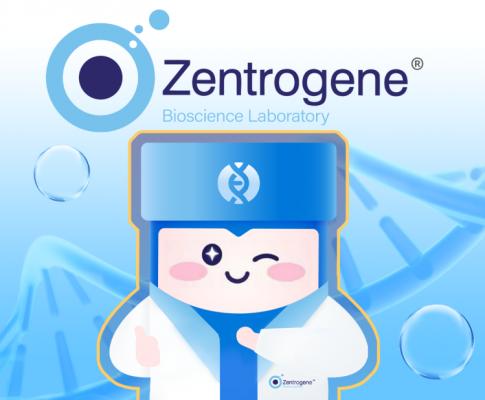
Jumat, 12 September 2025 | 13:39









